


It is undeniable that currently, English proficiency is one of the most influential factors in getting a decent job. Many companies now do job interviews in English, and even make certain English test scores a requirement for applying for jobs. Therefore, DNetwork – Jaringan Kerja Disabilitas, feel the need to equip job seekers with disabilities with proficient English language skills so that their competence in the job market increases.
With the generous support of the Inspirasia Foundation and the Direct Aid Program initiated by the Australian Consulate General in Bali, DNetwork started intensive English language training for 40 selected participants with disabilities. In fact, this activity was very well received by the disability community and the applicants reached more than 100 people from all over Indonesia. To ensure the effectiveness of learning, participants were screened through a pre-test and grouped according to their disabilities so that they can get the accommodations they need and the way of delivering teaching materials that suit them best. The teachers who are part of the After School English institution, are experienced teachers who are good at adjusting teaching methods and making the learning process fun.
One of the Deaf participants, Josephine Kintan, stated that she was very happy to be selected to join this English program. "This is a great opportunity. Especially with the accommodation in the form of a Sign Language Interpreter in each class. Thank you, DNetwork," she explained. We really hope that after the 16 sessions of this English program, all participants will have improved English skills and more confident when communicating in English.
The Aku Mampu program is supported by:
DNetwork - Jaringan Kerja Disabilitas once again held a webinar series to support job seekers with disabilities. Unlike the previous events which underlined the development of knowledge and skills, these webinars focused on mindset building. Because undeniably, the mindset plays a very big role in building a person's character, both in the sphere of personal, social, and professional life. As people say, changing your mindset is the beginning of changing your life.
The webinar series was held for four days, starting from April 13 to 16, 2021. Apart from the DNetwork team itself, there were three other speakers who delivered different modules; Ahmad Aziz (Engagement Lead at campaign.com) spoke about Collaboration, Ana Azzahra (CEO at Saung Research) about Critical Thinking, and Jawwadurrohman (Global Talent & Learning Partner at Gojek) about Creativity.
Around 40 people with disabilities from various regions in Indonesia participated in these webinars. Various questions and interesting discussions occurred in the four webinar sessions, making them a very fruitful session. According to the survey we distributed to participants after the webinar series, these sessions were very useful, and the delivery was very easy to understand. Suriani, one of the participants, said that the webinars motivated her, "especially to always think positively, brave to keep trying new things, and not to give up even if I have failed in the past".
The Aku Mampu program is supported by: